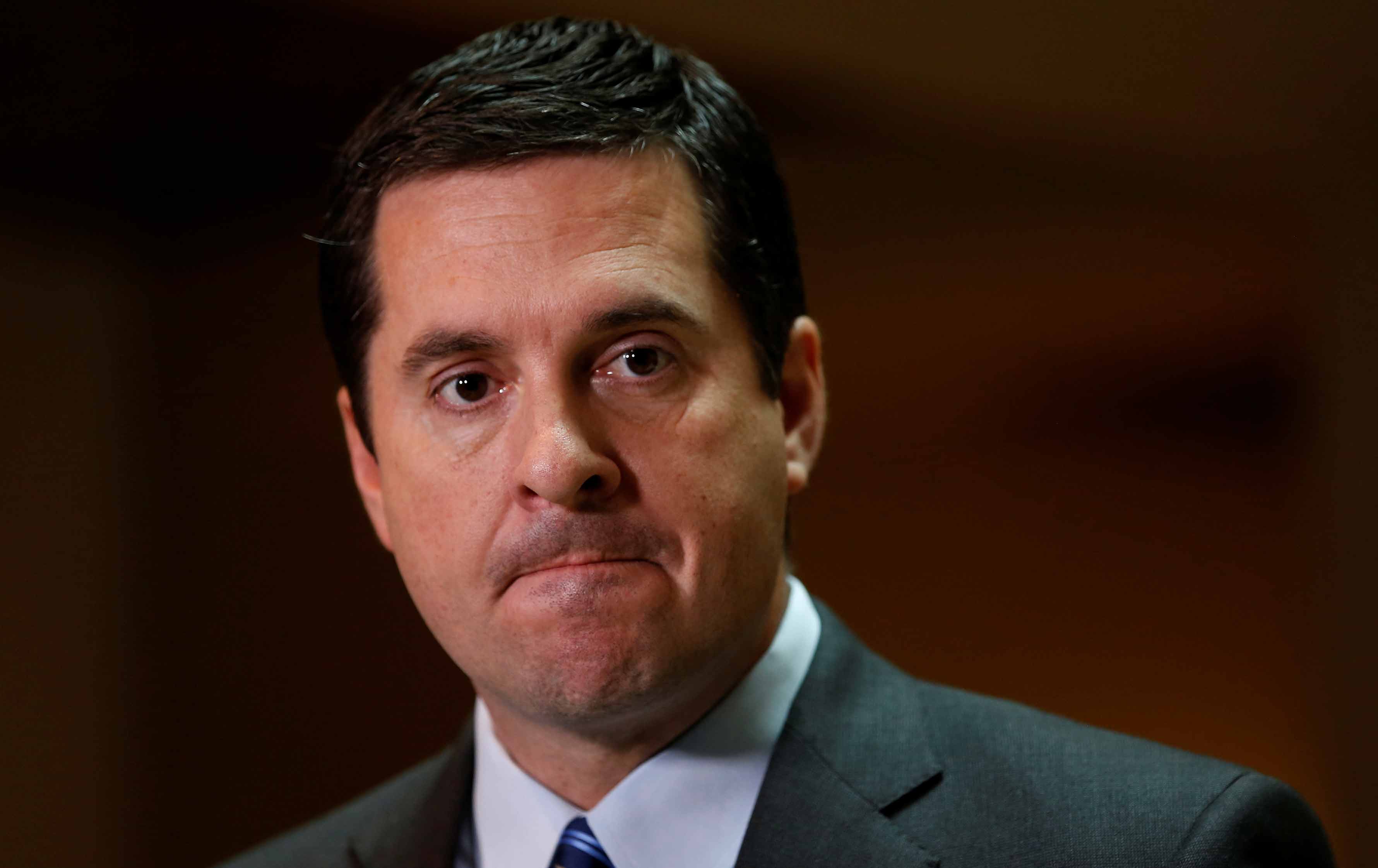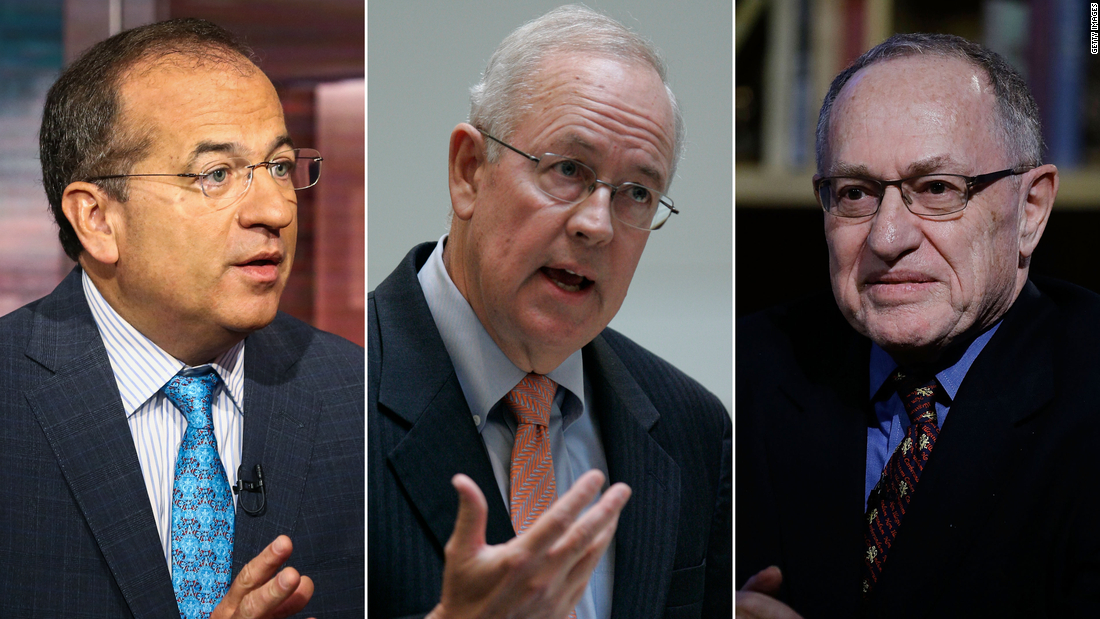
Dear Commons Community,
The New York Times yesterday endorsed two candidates for the Democratic nomination for president, Minnesota Sen. Amy Klobuchar from the party’s moderate wing and Massachusetts Sen. Elizabeth Warren from the progressive wing.
The paper praised Warren as “a gifted story teller” and Klobuchar as “the very definition” of Midwestern charisma and grit.
When mentioning another front-runner, former Vice President Joe Biden, the Times acknowledged his years of experience, but also noted his age, 77, desire, and occasional gaffes. “It is time for him to pass the torch to a new generation of political leaders,” the paper said, borrowing from President John F. Kennedy’s inaugural address.
The paper mentioned Sen. Bernie Sanders’ age, 78, “serious concerns” about his health and noted his unwillingness to compromise. The paper praised another of the front-runners, 38-year-old Pete Buttigieg, former mayor of South Bend, Indiana, as likely to have “a bright political future.”
Below is the entire text of the endorsement.
I believe that the editorial staff should have bit the bullet and made one endorsement not two.
Tony
———————————————————————————————————————–
Amy Klobuchar and Elizabeth Warren
The Democrats’ Best Choices for President
New York Times Editorial
January 19, 2020
American voters must choose between three sharply divergent visions of the future.
The incumbent president, Donald Trump, is clear about where he is guiding the Republican Party — white nativism at home and America First unilateralism abroad, brazen corruption, escalating culture wars, a judiciary stacked with ideologues and the veneration of a mythological past where the hierarchy in American society was defined and unchallenged.
On the Democratic side, an essential debate is underway between two visions that may define the future of the party and perhaps the nation. Some in the party view President Trump as an aberration and believe that a return to a more sensible America is possible. Then there are those who believe that President Trump was the product of political and economic systems so rotten that they must be replaced.
The Democratic primary contest is often portrayed as a tussle between moderates and progressives. To some extent that’s true. But when we spent significant time with the leading candidates, the similarity of their platforms on fundamental issues became striking.
Nearly any of them would be the most progressive president in decades on issues like health care, the economy and government’s allocations of resources. Where they differ most significantly is not the what but the how, in whether they believe the country’s institutions and norms are up to the challenge of the moment.
Many Democratic voters are concerned first and foremost about who can beat Mr. Trump. But with a crowded field and with traditional polling in tatters, that calculation calls for a hefty dose of humility about anyone’s ability to foretell what voters want.
Choosing who should face off against Mr. Trump also means acknowledging that Americans are being confronted with three models for how to govern this country, not two. Democrats must decide which of their two models would be most compelling for the American people and best suited for repairing the Republic.
The party’s large and raucous field has made having that clean debate more difficult. With all the focus on personal characteristics — age and race and experience — and a handful of the most contentious issues, voters haven’t benefited from a clarifying choice about the party’s message in the election and the approach to governing beyond it.
It was a privilege for us on the editorial board to spend more than a dozen hours talking to candidates, asking them any question that came to mind. Yet that exercise is impossible for most Americans, and we were left wanting for a more focused conversation for the public. Now is the time to narrow the race.
The history of the editorial board would suggest that we would side squarely with the candidate with a more traditional approach to pushing the nation forward, within the realities of a constitutional framework and a multiparty country. But the events of the past few years have shaken the confidence of even the most committed institutionalists. We are not veering away from the values we espouse, but we are rattled by the weakness of the institutions that we trusted to undergird those values.
There are legitimate questions about whether our democratic system is fundamentally broken. Our elections are getting less free and fair, Congress and the courts are increasingly partisan, foreign nations are flooding society with misinformation, a deluge of money flows through our politics. And the economic mobility that made the American dream possible is vanishing.
Both the radical and the realist models warrant serious consideration. If there were ever a time to be open to new ideas, it is now. If there were ever a time to seek stability, now is it.
That’s why we’re endorsing the most effective advocates for each approach. They are Elizabeth Warren and Amy Klobuchar.
At the dawn of 2020, some of the most compelling ideas are not emerging from the center, but from the left wing of the Democratic Party. That’s a testament to the effectiveness of the case that Bernie Sanders and Senator Warren have made about what ails the country. We worry about ideological rigidity and overreach, and we’d certainly push back on specific policy proposals, like nationalizing health insurance or decriminalizing the border. But we are also struck by how much more effectively their messages have matched the moment.
Senator Sanders has spent nearly four decades advocating revolutionary change for a nation whose politics often move with glacial slowness. A career spent adjacent to the Democratic Party but not a part of it has allowed him to level trenchant criticism of a political party that often caters more to rich donors than to the middle class. Many of his ideas that were once labeled radical — like paid family leave, a higher minimum wage, universal health care and limits on military intervention — are now mainstream, and may attract voters who helped elect Mr. Trump in 2016.
Mr. Sanders would be 79 when he assumed office, and after an October heart attack, his health is a serious concern. Then, there’s how Mr. Sanders approaches politics. He boasts that compromise is anathema to him. Only his prescriptions can be the right ones, even though most are overly rigid, untested and divisive. He promises that once in office, a groundswell of support will emerge to push through his agenda. Three years into the Trump administration, we see little advantage to exchanging one over-promising, divisive figure in Washington for another.
Good news, then, that Elizabeth Warren has emerged as a standard-bearer for the Democratic left.
Senator Warren is a gifted storyteller. She speaks elegantly of how the economic system is rigged against all but the wealthiest Americans, and of “our chance to rewrite the rules of power in our country,” as she put it in a speech last month. In her hands, that story has the passion of a convert, a longtime Republican from Oklahoma and a middle-class family, whose work studying economic realities left her increasingly worried about the future of the country. The word “rigged” feels less bombastic than rooted in an informed assessment of what the nation needs to do to reassert its historic ideals like fairness, generosity and equality.
She is also committed to reforming the fundamental structures of government and the economy — her first commitment is to anti-corruption legislation, which is not only urgently needed but also has the potential to find bipartisan support. She speaks fluently about foreign policy, including how to improve NATO relations, something that will be badly needed after Mr. Trump leaves office.
Her campaign’s plans, in general, demonstrate a serious approach to policymaking that some of the other candidates lack. Ms. Warren accurately describes a lack of housing construction as the primary driver of the nation’s housing crisis, and she has proposed both increases in government funding for housing construction, and changes in regulatory policy to encourage local governments to allow more construction.
She has plans to sharply increase federal investment in clean energy research and to wean the American economy from fossil fuels. She has described how she would reduce the economic and political power of large corporations and give workers more ability to bargain collectively. And she has proposed a sweeping expansion of government support for Americans at every stage of life, from universal child care to free public college to expanded Social Security.
At the same time, a conservative federal judiciary will be almost as significant a roadblock for progressive change. For Ms. Warren, that leaves open questions — ones she was unwilling to wrestle with in our interview. Ms. Warren has proposed to pay for an expanded social safety net by imposing a new tax on wealth. But even if she could push such a bill through the Senate, the idea is constitutionally suspect and would inevitably be bogged down for years in the courts. A conservative judiciary also could constrain a President Warren’s regulatory powers, and roll back access to health care.
Carrying out a progressive agenda through new laws will also be very hard for any Democratic president. In that light, voters could consider what a Democratic president might accomplish without new legislation and, in particular, they could focus on the presidency’s wide-ranging powers to shape American society through the creation and enforcement of regulations.
As an adviser to President Barack Obama, Ms. Warren was the person most responsible for the creation of a new regulatory agency, the Consumer Financial Protection Bureau. In her interview with the editorial board, she demonstrated her sophisticated understanding of the different levers of power in an administration, particularly in the use of regulation in areas such as trade, antitrust and environmental policy.
When she first arrived in Washington, amid the Great Recession, Senator Warren distinguished herself as a citizen-politician. She showed an admirable desire to shake off the entrapments of many Washington interests in favor of pragmatic problem-solving on behalf of regular people. In her primary campaign, however, she has shown some questionable political instincts. She sometimes sounds like a candidate who sees a universe of us-versus-thems, who, in the general election, would be going up against a president who has already divided America into his own version of them and us.
This has been most obvious in her case for “Medicare for all,” where she has already had to soften her message, as voters have expressed their lack of support for her plan. There are good, sound reasons for a public health care option — countries all over the world have demonstrated that. But Ms. Warren’s version would require winning over a skeptical public, legislative trench warfare to pass bills in Congress, the dismantling of a private health care system. That system, through existing public-private programs like Medicare Advantage, has shown it is not nearly as flawed as she insists, and it is even lauded by health economists who now advocate a single-payer system.
American capitalism is responsible for its share of sins. But Ms. Warren often casts the net far too wide, placing the blame for a host of maladies from climate change to gun violence at the feet of the business community when the onus is on society as a whole. The country needs a more unifying path. The senator talks more about bringing together Democrats, Republicans and independents behind her proposals, often leaning on anecdotes about her conservative brothers to do so. Ms. Warren has the power and conviction and credibility to make the case — especially given her past as a Republican — but she needs to draw on practicality and patience as much as her down-and-dirty critique of the system.
Ms. Warren’s path to the nomination is challenging, but not hard to envision. The four front-runners are bunched together both in national polls and surveys in states holding the first votes, so small shifts in voter sentiment can have an outsize influence this early in the campaign. There are plenty of progressives who are hungry for major change but may harbor lingering concerns about a messenger as divisive as Mr. Sanders. At the same time, some moderate Democratic primary voters see Ms. Warren as someone who speaks to their concerns about inequality and corruption. Her earlier leaps in the polls suggest she can attract more of both.
The lack of a single, powerful moderate voice in this Democratic race is the strongest evidence of a divided party. Never mind the talented, honorable politicians who chose to sit this fight out; just stop and consider the talents who did throw their hat into the ring and never got more than a passing glance from voters — Cory Booker, Kamala Harris, Steve Bullock, Michael Bennet, Deval Patrick, Jay Inslee, among others.
Those candidates who remain all have a mix of strengths and weaknesses.
Pete Buttigieg, who is 38 and who was elected mayor of South Bend, Ind., in 2011, has an all-star résumé — Harvard graduate, Rhodes scholar, Navy veteran who served in Afghanistan, the first serious openly gay presidential candidate. His showing in the lead-up to the primaries predicts a bright political future; we look forward to him working his way up.
Andrew Yang, an entrepreneur and philanthropist, is an engaging and enthusiastic candidate whose diagnoses are often thought-provoking. He points to new solutions to 21st-century challenges rather than retrofitting old ideas. Yet he has virtually no experience in government. We hope he decides to get involved in New York politics.
Michael Bloomberg served three terms as New York’s mayor (and was endorsed twice by this page). A multibillionaire who built his namesake company from scratch, he is many of the things Mr. Trump pretends to be and would be an effective contrast to the president in a campaign. Mr. Bloomberg is the candidate in the race with the clearest track record of governing, even if that record has its blemishes, beginning with his belated and convenient apology for stop-and-frisk policing.
Still, Mr. Bloomberg’s current campaign approach reveals more about America’s broken system than his likelihood of fixing it. Rather than build support through his ideas and experience, Mr. Bloomberg has spent at least $217 million to date to circumvent the hard, uncomfortable work of actual campaigning. He’s also avoided difficult questions — going so far as to bar his own news organization from investigating him, and declining to meet with The Times’s editorial board under the pretext that he didn’t yet have positions on enough issues. What’s worse, Mr. Bloomberg refuses to allow several women with whom he has nondisclosure settlements to speak freely.
Few men have given more of their time and experience to the conduct of the public’s business than Joe Biden. The former vice president commands the greatest fluency on foreign policy and is a figure of great warmth and empathy. He’s prone to verbal stumbles, yes, but social media has also made every gaffe a crisis when it clearly is not.
Mr. Biden maintains a lead in national polls, but that may be a measure of familiarity as much as voter intention. His central pitch to voters is that he can beat Donald Trump. His agenda tinkers at the edges of issues like health care and climate, and he emphasizes returning the country to where things were before the Trump era. But merely restoring the status quo will not get America where it needs to go as a society. What’s more, Mr. Biden is 77. It is time for him to pass the torch to a new generation of political leaders.
Good news, then, that Amy Klobuchar has emerged as a standard-bearer for the Democratic center. Her vision goes beyond the incremental. Given the polarization in Washington and beyond, the best chance to enact many progressive plans could be under a Klobuchar administration.
The senator from Minnesota is the very definition of Midwestern charisma, grit and sticktoitiveness. Her lengthy tenure in the Senate and bipartisan credentials would make her a deal maker (a real one) and uniter for the wings of the party — and perhaps the nation.
Watch a special endorsement episode of “The Weekly” FX Hulu
1:17‘I Am Someone That Has a Record of Bringing People With Me’
This video excerpt has been edited by “The Weekly.”
She promises to put the country on the path — through huge investments in green infrastructure and legislation to lower emissions — to achieve 100 percent net-zero emissions no later than 2050. She pledges to cut childhood poverty in half in a decade by expanding the earned-income and child care tax credits. She also wants to expand food stamps and overhaul housing policy and has developed the field’s most detailed plan for treating addiction and mental illness. And this is all in addition to pushing for a robust public option in health care, free community college and a federal minimum wage of $15 an hour.
Ms. Klobuchar speaks about issues like climate change, the narrowing middle class, gun safety and trade with an empathy that connects to voters’ lived experiences, especially in the middle of the country. The senator talks, often with self-deprecating humor, about growing up the daughter of two union workers, her Uncle Dick’s deer stand, her father’s struggles with alcoholism and her Christian faith.
Ms. Klobuchar promises a foreign policy based on leading by example, instead of by threat-via-tweet. As a member of the Senate Judiciary Committee, she serves on the subcommittees responsible for oversight of the Department of Homeland Security, as well as the nation’s borders and its immigration, citizenship and refugee laws. In 13 years as a senator, she has sponsored and voted on dozens of national defense measures, including military action in Libya and Syria. Her record shows that she is confident and thoughtful, and she reacts to data — what you’d want in a crisis.
All have helped Ms. Klobuchar to be the most productive senator among the Democratic field in terms of bills passed with bipartisan support, according to a recent study for the Center for Effective Lawmaking. When she arrived in the Senate in 2007, Ms. Klobuchar was part of a bipartisan group of lawmakers that proposed comprehensive immigration reform, including a path to citizenship for 12 million undocumented immigrants, before conservative pundits made it political poison. Her more recent legislative accomplishments are narrower but meaningful to those affected, especially the legislation aimed at helping crime victims. This is not surprising given her background as the chief prosecutor in Minnesota’s most populous county. For example, one measure she wrote helped provide funds to reduce a nationwide backlog of rape kits for investigating sexual assaults.
Reports of how Senator Klobuchar treats her staff give us pause. They raise serious questions about her ability to attract and hire talented people. Surrounding the president with a team of seasoned, reasoned leaders is critical to the success of an administration, not doing so is often the downfall of presidencies. Ms. Klobuchar has acknowledged she’s a tough boss and pledged to do better. (To be fair, Bill Clinton and Mr. Trump — not to mention former Vice President Biden — also have reputations for sometimes berating their staffs, and it is rarely mentioned as a political liability.)
Ms. Klobuchar doesn’t have the polished veneer and smooth delivery that comes from a lifetime spent in the national spotlight, and she has struggled to gain traction on the campaign trail. In Minnesota, however, she is enormously popular. She has won all three of her Senate elections by double digits. In 2016, Hillary Clinton carried nine of Minnesota’s 87 counties. Ms. Klobuchar carried 51 in 2018. And it’s far too early to count Ms. Klobuchar out — Senator John Kerry, the eventual Democrat nominee in 2004, was also polling in the single digits at this point in the race.
There has been a wildfire burning in Australia larger than Switzerland. The Middle East is more unstable at this moment than at any other time in the past decade, with a nuclear arms race looking more when than if. Basket-case governments in several nations south of the Rio Grande have sent a historic flood of migrants to our southern border. Global technology companies exert more political influence than some national governments. White nationalists from Norway to New Zealand to El Paso use the internet to share ideas about racial superiority and which caliber of rifle works best for the next mass killing.
The next president will shape the direction of America’s prosperity and the future of the planet, perhaps irrevocably. The current president, meanwhile, is a threat to democracy. He was impeached for strong-arming Ukraine into tampering with the 2020 election. There is no reason patriotic Americans should not be open to every chance to replace him at the ballot box.
Yet, Mr. Trump maintains near-universal approval from his party and will nearly certainly coast to the nomination. Democrats would be smart to recognize that Mr. Trump’s vision for America’s future is shared by many millions of Americans.
Any hope of restoring unity in the country will require modesty, a willingness to compromise and the support of the many demographics that make up the Democratic coalition — young and old, in red states and blue, black and brown and white. For Senator Klobuchar, that’s acknowledging the depth of the nation’s dysfunction. For Senator Warren, it’s understanding that the country is more diverse than her base.
There will be those dissatisfied that this page is not throwing its weight behind a single candidate, favoring centrists or progressives. But it’s a fight the party itself has been itching to have since Mrs. Clinton’s defeat in 2016, and one that should be played out in the public arena and in the privacy of the voting booth. That’s the very purpose of primaries, to test-market strategies and ideas that can galvanize and inspire the country.
Ms. Klobuchar and Ms. Warren right now are the Democrats best equipped to lead that debate.
May the best woman win.










